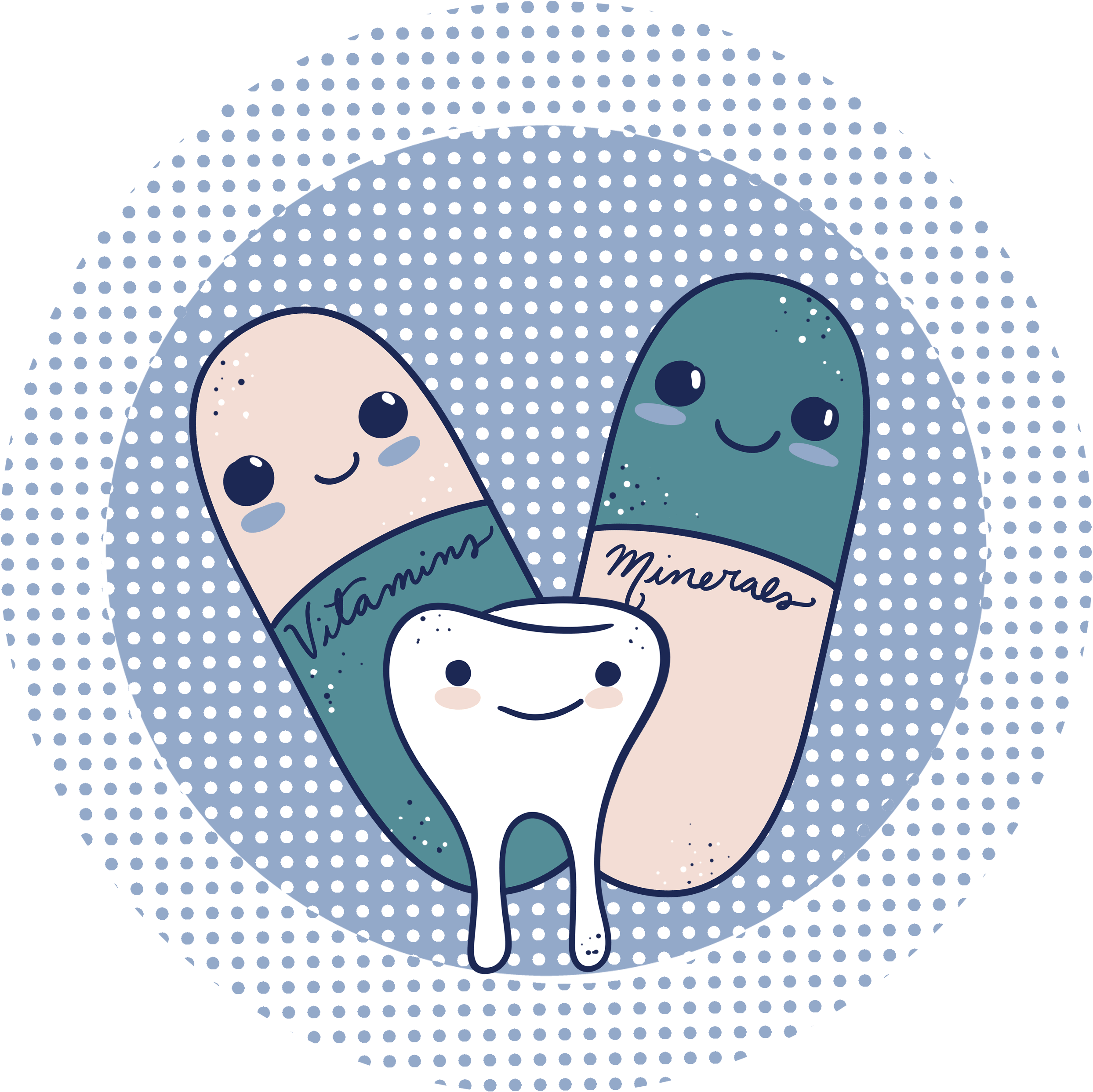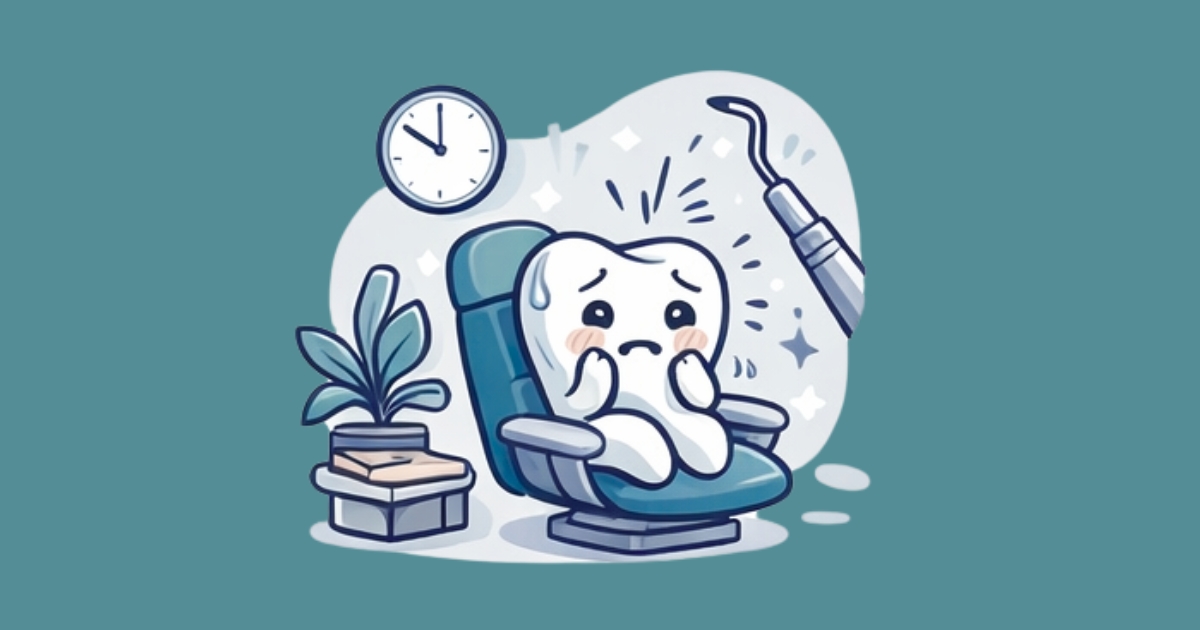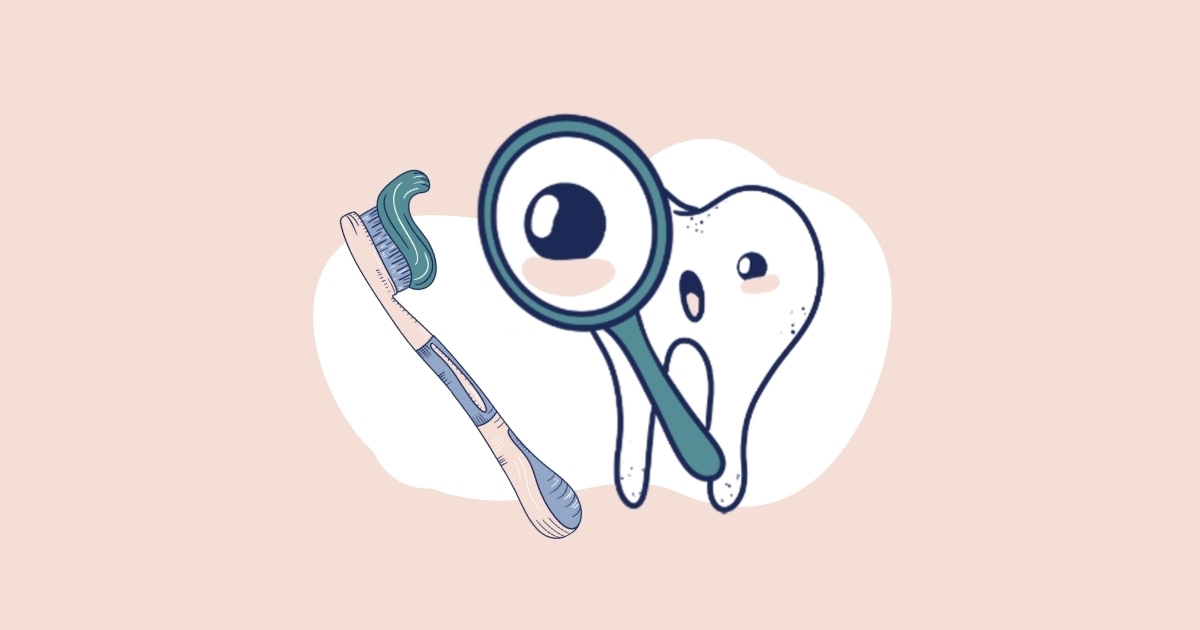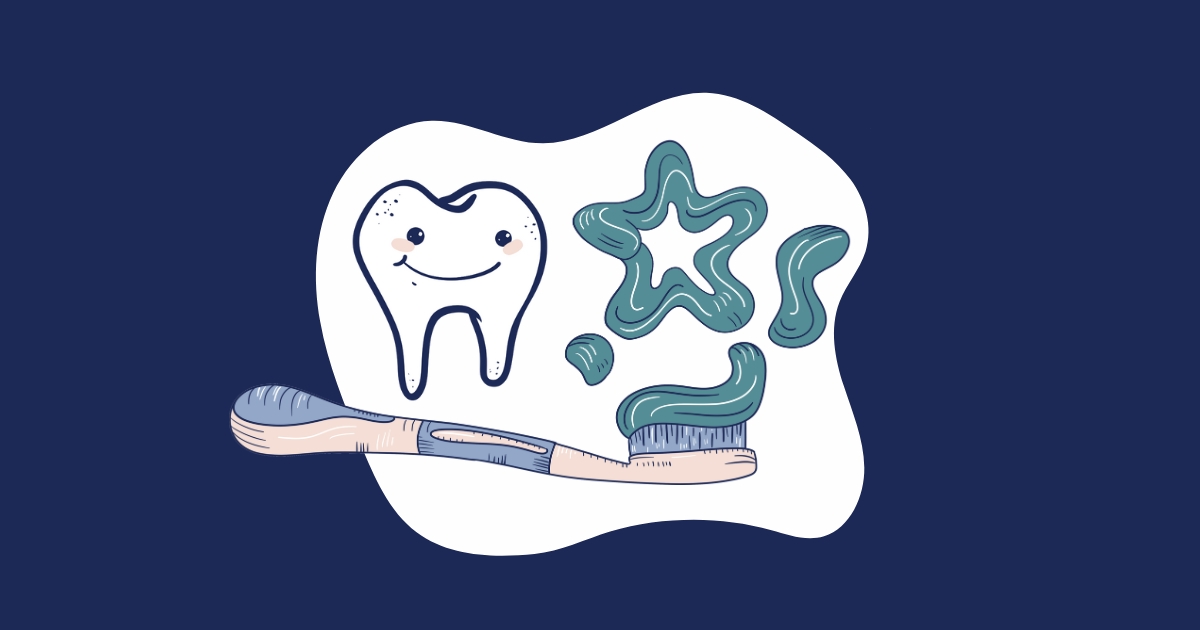Fact: Human beings need vitamins and minerals to survive.
Also known as micronutrients, vitamins and minerals fuel cells and organs, boost your immune system, and support normal growth and development. They help your body heal wounds and strengthen your bones—and they are vital to keeping your teeth healthy.
But while the human body knows how to use micronutrients efficiently, it doesn’t know how to produce enough of them on its own. We rely on food, water, and, often, vitamin supplements to ensure our bodies are functioning correctly.
About 2 billion people experience some form of nutrient deficiency worldwide. Closer to home, studies suggest that about 31% of the US population experiences or is at risk of developing nutritional deficiencies.
So what can we do to ensure that our vitamin and mineral intake is sufficient to maintain good tooth health? Let’s take a look.
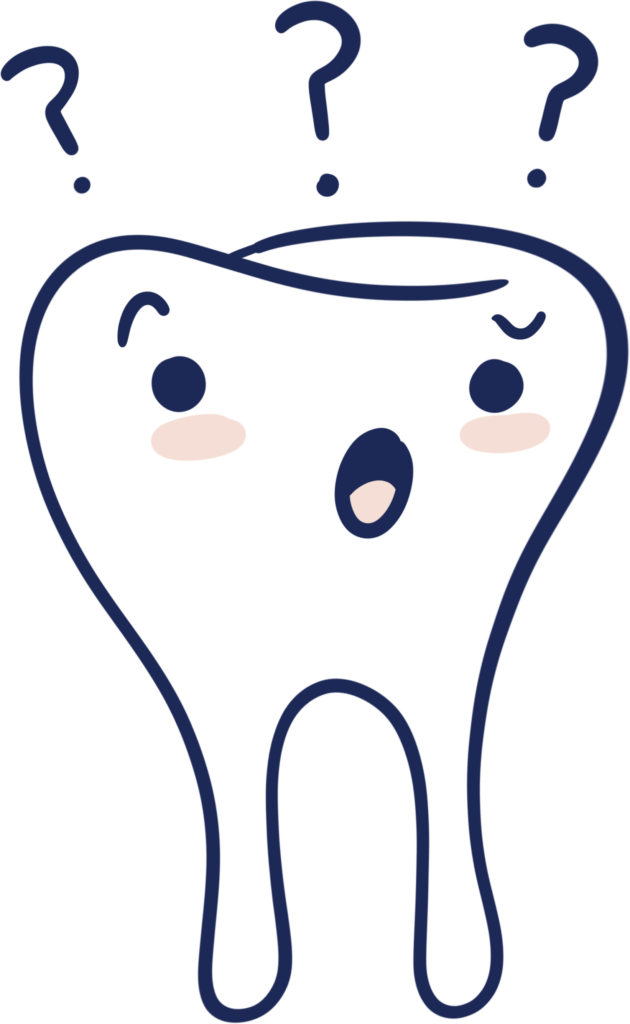
Why Take Vitamins and Minerals for Your Teeth?
You may already take a daily vitamin supplement for your overall health—that’s great! Depending on your usual diet, you may not need a supplement to get all the micronutrients your body requires. But if you’re like most people, a supplement is important to fill in any nutritional gaps.
Your body can naturally create a lot of what you need to keep your teeth healthy, especially if you’re also brushing and flossing regularly. But your teeth undergo demineralization daily, which leaves the enamel vulnerable to decay.
Teeth become demineralized through eating, drinking, and medical conditions like acid reflux. Luckily, a daily remineralization process occurs naturally through saliva. Your saliva works to neutralize the acid by forming a protective layer on your teeth, which allows calcium and phosphate time to rebuild.
Taking vitamin and mineral supplements can help your body maintain nutrient levels for proper remineralization. They can also help strengthen bone and tooth enamel and prevent breakage.
Important Vitamins and Minerals for Your Teeth
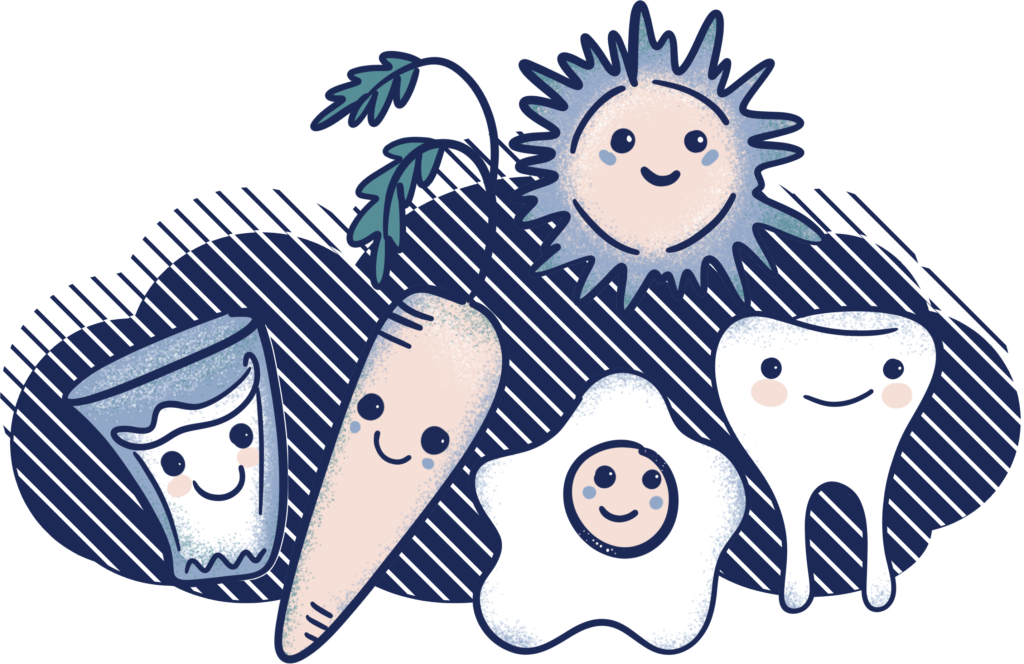
Basically, any vitamins and minerals good for an overall healthy body and a boost to the immune system are good for your teeth. A few critical components to tooth health include calcium, vitamin D, phosphorus, fluoride, and vitamin A.
Calcium
Calcium is one of the most vital minerals in the body. Your teeth are held in place by bone. Calcium prevents bone loss in your jaw just as it can prevent osteoporosis in the rest of the body. Calcium also helps your muscles move and your nervous system carry messages from your brain to the rest of your body.
Vitamin D
Vitamin D deficiencies can lead to several oral health disorders like gum disease and cavities. It plays a significant role in tooth remineralization, and it helps your body absorb calcium. Some foods are fortified with vitamin D, but you can also find it in oily fish and supplements.
Phosphorus
Phosphorus is found in whole grains, meat, milk, fish, and other protein-rich foods, so your phosphorus intake is probably on point. Like vitamin D, phosphorus helps with calcium absorption and rebuilding tooth enamel.
Fluoride
When we’re talking tooth health, it always comes back to fluoride. When acids from plaque bacteria and sugars in the mouth attack the tooth enamel, fluoride fights back. It prevents cavities by remineralizing and strengthening tooth enamel, helping neutralize the acid that causes tooth decay.
Vitamin A
Vitamin A helps with saliva production. Why is that important? Because saliva is the key to remineralizing teeth. It helps break down food and clean the bacteria from between your teeth. When you produce adequate amounts of saliva, you’re better able to transfer nutrients to your teeth and gums. Vitamin A also helps stimulate the production of white blood cells and assists with remodeling bone.
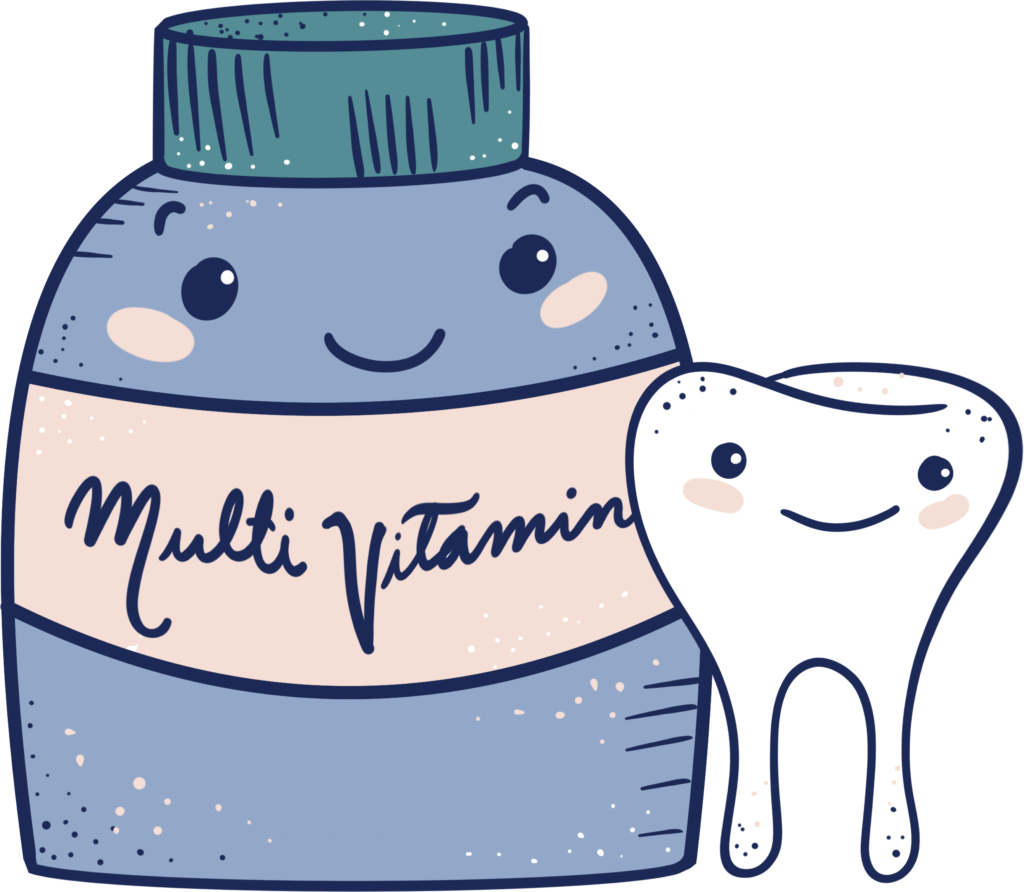
When to Take Vitamins and Minerals for Dental Health
So, how do you know when to supplement your diet with vitamins and minerals? Here are some good rules of thumb.
It’s probably beneficial to add a vitamin D supplement to your diet, as about 90% of people are vitamin D deficient. Sufficient levels of vitamin D help ward off bone loss and maintain healthy teeth. So take a spoonful of cod liver oil, or, if that doesn’t sound inviting, step outside and absorb some vitamin D from the sun!
30% of men and 60% of women are calcium deficient. You may already be getting enough calcium from dairy products, salmon, sardines, and dark leafy greens. But taking a calcium supplement won’t hurt. Kids and teens ages 9-18 need the highest daily dose of calcium—about 1300 mg helps bone formation and growth. Women age 50 and older should have about 1200 mg daily to prevent bone loss.
Getting enough fluoride is easy for most people in the US. Fluoridated drinking water and fluoride-infused toothpaste are widely available. Adults and children should be getting plenty from those two sources combined, so an oral supplement is rarely needed. Your dentist can provide a topical fluoride treatment for your teeth when required.
Because phosphorus is in such a wide range of food, most people get enough of it in their diet without supplements. Normal functioning kidneys can remove extra phosphorus from your blood. However, folks with chronic kidney disease need to limit their phosphorus intake, as their kidneys can’t remove phosphorus as well.
Vitamin A deficiency is rare in the United States. If your diet is generally healthy, you’re probably getting enough vitamin A without supplements.
It is possible to have “too much” of a vitamin, but the side effects are rarely harmful unless the overdose is massive or builds up over time. Usually, the excess micronutrients are processed through the body and flushed out when you use the bathroom. Taking mega doses of micronutrient supplements is usually just a waste of money since your body can’t effectively use enormous amounts. Unless your doctor advises differently, a daily multivitamin should be all you need.
Talk to your doctor and dentist about whether you should be taking supplements for tooth health.
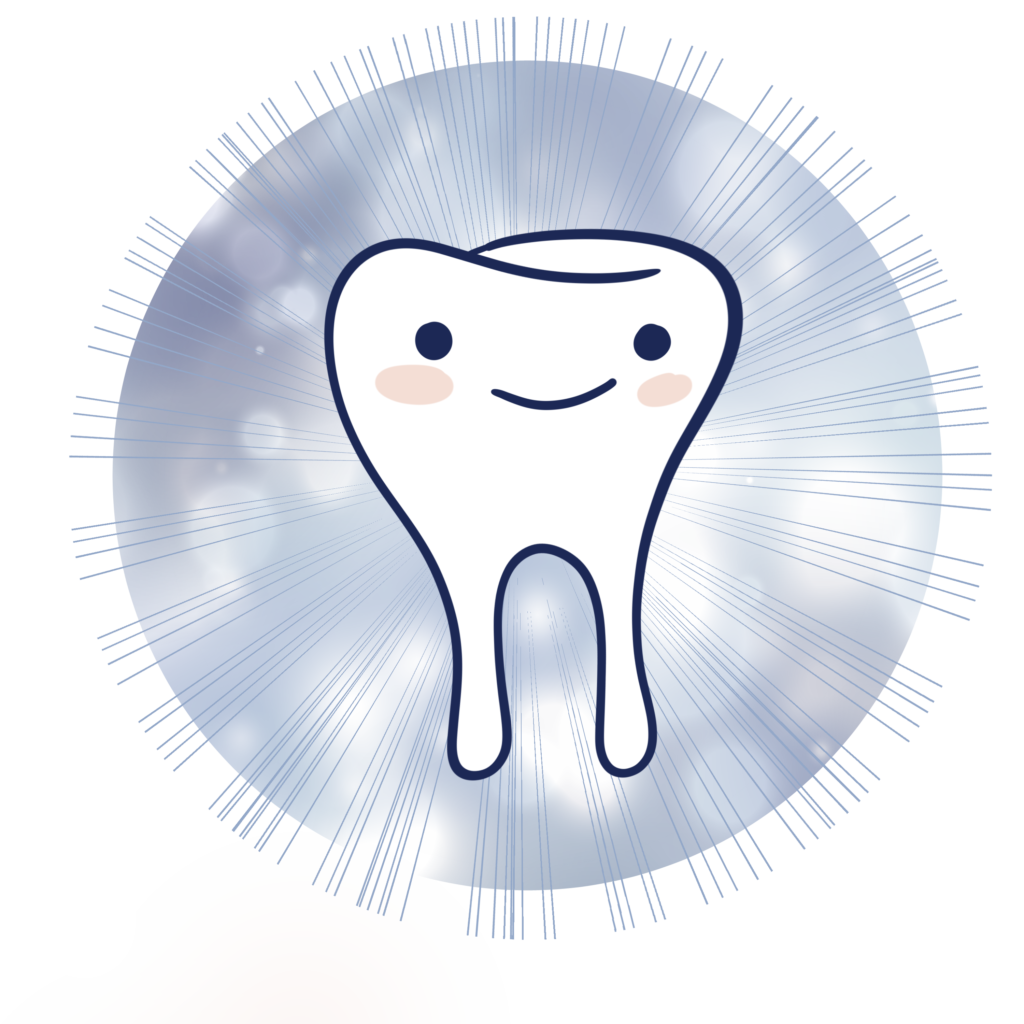
Your Dentist’s Role: Tooth Vitamins and Minerals
One thing your dentist will always recommend? Fluoride.
In-office fluoride treatments are available at Bass Dentistry. Fluoride supplements are not usually necessary if you’re using fluoride toothpaste and your drinking water is fluoridated.
Your dentist may also recommend taking a calcium supplement if you’re not getting enough in your regular diet. Older patients generally need to increase their calcium consumption to keep bones stronger, longer.
Micronutrients are essential in keeping our teeth and bodies strong and healthy. While some specific vitamins and minerals are instrumental in keeping your teeth healthy, you’re probably getting enough of them through your regular food intake and a daily multivitamin supplement.
As always, we recommend regular brushing with fluoride toothpaste, flossing, and yearly visits to Bass Dentistry to maintain your dental health. Give us a call today at 704.864.9949 to schedule an appointment. We are happy to help you keep your teeth clean, healthy, and strong for a lifetime.
Healthy Gums,
Healthy Life
If dental health is important to you and your family, take steps to know how to keep your gums healthy. Gum health is essential to maintaining healthy teeth and overall good dental hygiene. Brush and floss multiple times per day, avoid tobacco products, and use a therapeutic mouthwash.
If you want to know more about maintaining a healthy smile, book an appointment today with Bass Dentistry.

